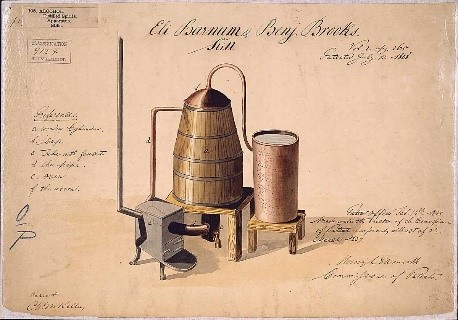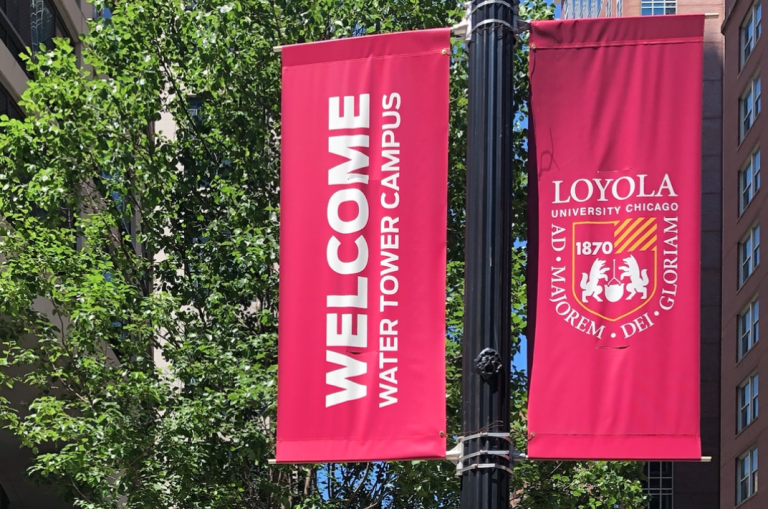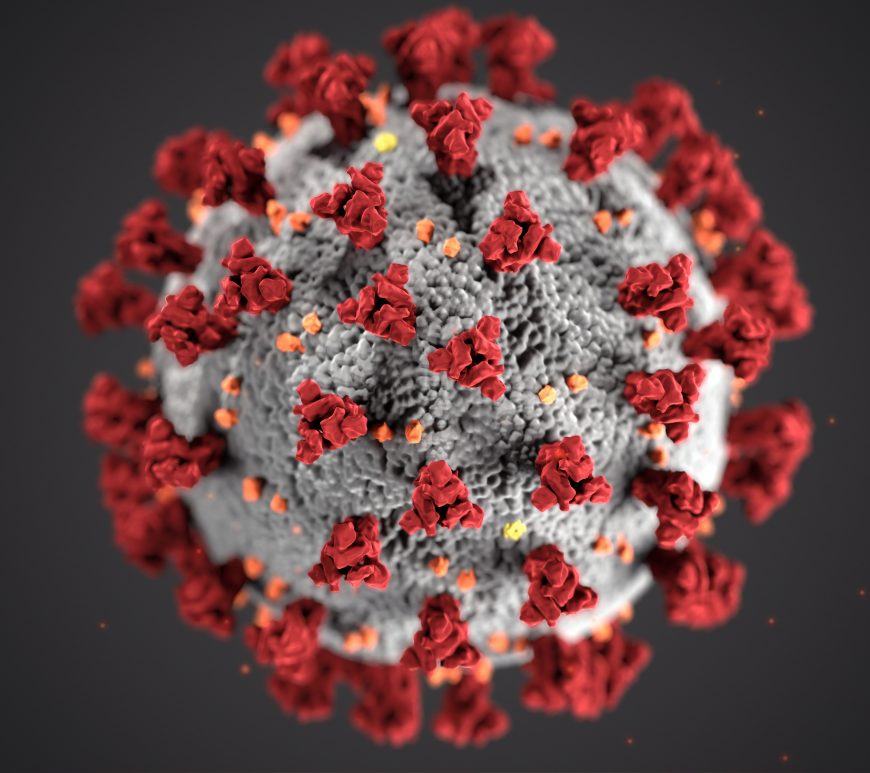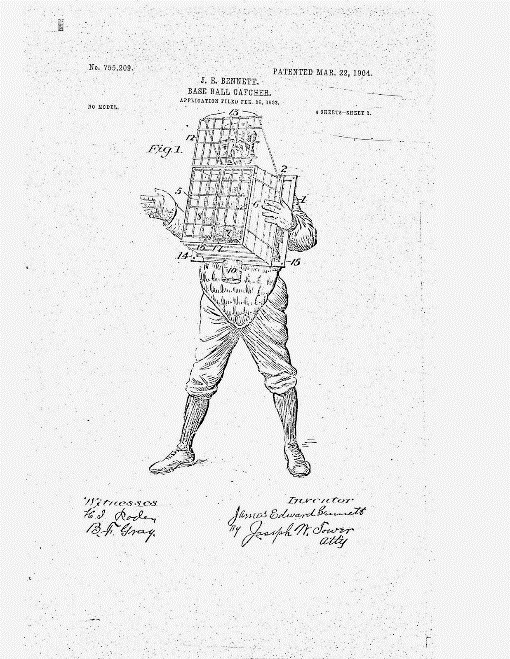
IP Takes Center Stage
Can Law Involve the Arts?
I spent the majority of my time in theaters growing up. I was a shy kid, but something about the stage brought me out of my shell. It may sound counterintuitive that acting in front of hundreds of strangers is what helped me get over my fear of public speaking, but it worked for me. Through performing I found my confidence, my voice, and above all else, my “niche.” By the time I graduated from high school I had been in dozens of local and regional shows and had thought seriously about pursuing a career in theater. However, when I went away to college I chose to instead pursue a political science degree. I set my long-term sights on attending law school, believing that being a litigation attorney was as close as I could get to “performing” professionally. I assumed my love for the creative arts would always be a hobby, but didn’t think it was a practical career path. Thankfully, I was wrong. Continue reading “IP Takes Center Stage”








 intellectual property (IP) as well as transactional, data security, and regulatory matters. As a member of
intellectual property (IP) as well as transactional, data security, and regulatory matters. As a member of 